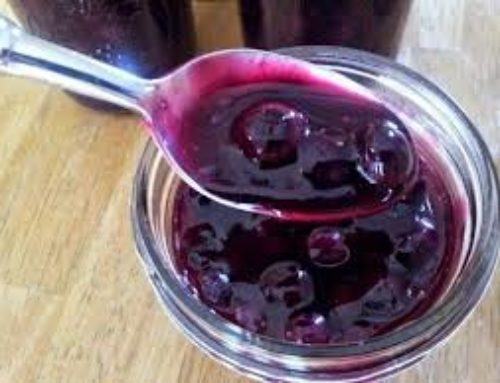
If you thought that there is little use for and information to write about
a tiny mustard seed, you’d be wrong. This little seed dated back 4000
years and was used in Greece and Egypt as a flavor and a medicine.
The Romans most likely developed the prepared mustards we know
today. They mixed unfermented grape juice, known as “must”, with
ground seeds (called sinapis) to form mustum ardens, or “burning
must”
Mustard is a thick condiment, a yellow or yellow-brown paste with a
sharp taste that is prepared from the ground seeds of mustard plants
( white or yellow mustard or Sinapis hirta, brown or Indian mustard or
Brassica juncea, and black mustard or Brassica nigra), by mixing
them with water, vinegar or other liquids, and adding ingredients such
as flour. A strong mustard can cause the eyes to water, burn the palate
and inflame the nasal passages. For this reason, mustard can be an
acquired taste for some. Mustard is most often used as a condiment on
meat, especially cold meats such as ham; the French like strong Dijon
mustard with steak. It is also used as an ingredient in mayonnaise and
vinaigrette, in marinades and barbecue sauces. Honey mustard is most
often used as a topping for sandwiches and as a side for dipping french
fries, onion rings, and other finger foods. It can also be used as a base
for salad dressing when combined with vinegar and/or olive oil.
Mustard is generally sold in glass jars or plastic bottles. Any mustard
which is stored for a long period of time is prone to separation,
causing mustard water. Shaking a closed jar/bottle prior to opening is
recommended
Canada is by far the largest producer of high quality mustard seeds for
condiments use, growing approximately 90% of the worlds
requirements.
Source: UCLA.edu
FOR THE HEALTH OF IT
Is mustard good for you ?
Mustard is both a nutritious food, as well as a nutritious
food ingredient. Its high protein content (28 to 36 %) is
of particular interest when applied to processed meats.
The vegetable oil typically (30 to 40%) of mustard is
similar to other oils, with tocopherol present, allowing it
to aid in protecting products from rancidity. There are
high levels of antioxidants found naturally in mustard,
the applications of processed dry mustards are seemingly
endless. One set of nutritional facts cannot be accurate.
There are wide varieties of mustards prepared today.
Several ingredients such as apples, molasses, honey,
sugars, fruits, etc are added to them.. To get accurate
nutritional facts for the mustard you are using, read the
label.
Source: www.mancan.mb.ca/mustard

Leave A Comment